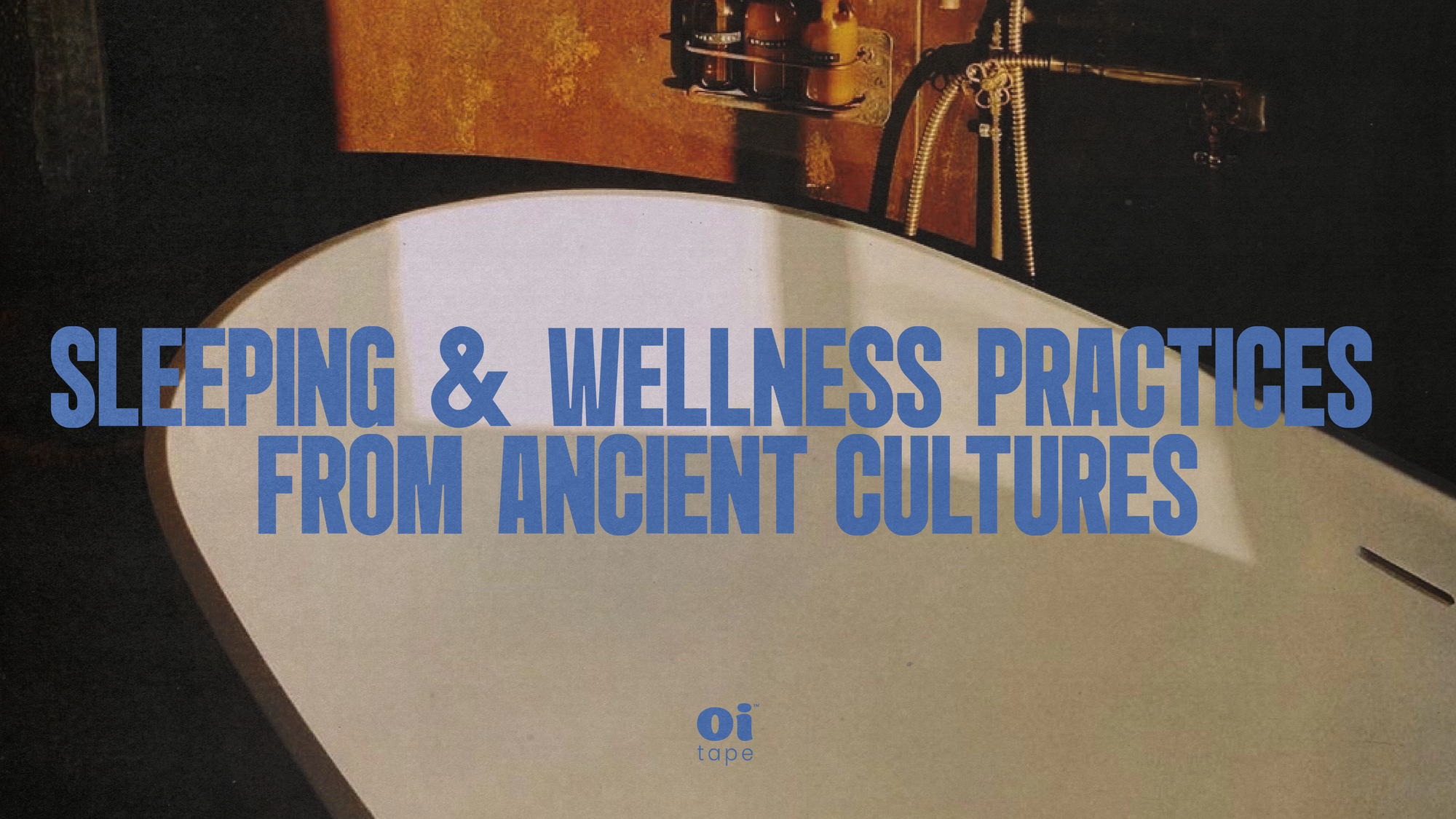

Sleep & Wellness Practices from Ancient Cultures
In our modern world, we’re all about the latest scientific advancements to improve our sleep and overall wellness. However, many effective practices have been passed down through generations from ancient cultures.
These time-tested methods offer valuable insights into getting a restful sleep and maintaining mind-body well-being.
Ayurveda (India)
Ayurveda, the traditional medicine system of India, emphasizes the importance of balance in all aspects of life, including sleep. According to Ayurvedic principles, sleep is essential for rejuvenating the body and mind.
- Dinacharya (Daily Routine): Ayurveda recommends going to bed early, ideally by 10 PM, and waking up before sunrise. This aligns with the body's natural circadian rhythms.
- Abhyanga (Oil Massage): Massaging warm oil, such as sesame or coconut oil, onto the body before bed can promote relaxation and improve sleep quality.
- Herbal Remedies: Ayurvedic herbs like Ashwagandha and Brahmi are known for their calming effects and can help reduce stress and anxiety, leading to better sleep.
Traditional Chinese Medicine (TCM)
Traditional Chinese Medicine views sleep as vital to maintaining the body's balance and harmony. TCM practices focus on regulating the flow of Qi (life energy) to promote restful sleep.
- Acupuncture: Acupuncture improves sleep by balancing the body's energy flow. Specific acupuncture points, such as those on the ears and feet, promote relaxation and better sleep.
- Herbal Teas: Drinking herbal teas made from jujube seeds, licorice root, and ginger can help calm the mind and prepare the body for sleep.
- Qi Gong and Tai Chi: These gentle exercises combine movement, meditation, and breath control to promote relaxation and balance, making them excellent practices for improving sleep quality.
Ancient Egyptian Practices
Ancient Egyptians placed great importance on sleep and dreaming, believing that dreams were messages from the gods.
- Temple Sleep: Egyptians would sleep in temples dedicated to specific deities, hoping to receive guidance or healing through dreams. This practice highlights the importance of creating a sacred and peaceful sleep environment.
- Aromatherapy: Egyptians used essential oils and incense, such as frankincense and myrrh, to promote relaxation and enhance sleep quality.
- Hygiene Rituals: Ancient Egyptians were known for their elaborate bathing and hygiene rituals, which included using scented oils and baths to prepare the body for sleep.
Incorporating ancient sleeping and wellness practices into your modern lifestyle can provide a holistic approach to achieving restful sleep and overall well-being.





